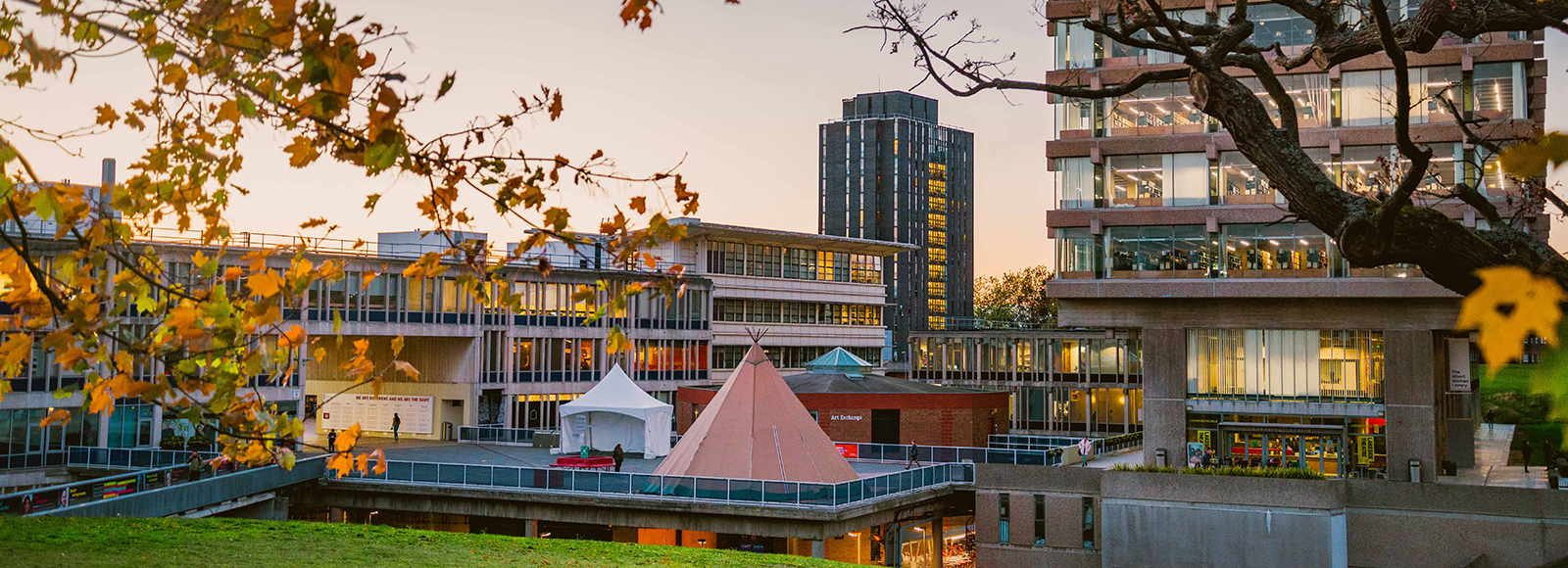- ...
Postgraduate Studentships - Search for funding opportunities.
Postgraduate Studentships - Search for funding opportunities.
Tropical ecosystems provide important resources locally and globally, and coral reefs are the most diverse of marine ecosystems threatened by human activities. Our unique multidisciplinary course, MSc Tropical Marine Biology, is designed to deliver advanced tropical marine biology theory and to facilitate the development of a comprehensive range of practical and professional skills required by today’s employers.
As a student of our School you will benefit from the breadth of research carried out by our internationally recognised academics, and will engage with current research activities both in the UK and abroad. You also have the opportunity to put theory into practice and study coral reef conservation first hand during the School’s annual field trip to the Wakatobi Marine National Park, Indonesia. Please note that students who join this optional expedition are subject to additional travel costs – the fee for field trips vary from year to year. Explore topics including: The biotechnological ‘treasure chest’ of marine microbes, algae and invertebrates Tropical oceans, seagrass beds, mangroves and coral reefs,
Coral reef resource management and conservation During the summer term, you will embark on your own extensive research project under the supervision of researchers at the forefront of their fields. This can be conducted within our in-house Coral Reef Research Unit, or alongside one of our research partners from across the globe, addressing key questions on the functioning of and threats to tropical marine ecosystems. Two-thirds of our research is rated “world-leading” or “internationally excellent” (REF 2014), and you learn from and work alongside our expert staff. Visit our marine biology subject page for more information and content.
We will consider all applicants with 2:2 or above, or equivalent international qualifications. For some courses, there may be additional requirements which can be found on our website.
For fees and funding options including scholarships available please visit website to find out more
As the world’s environmental problems increase, the demand for qualified marine biologists continues to grow, and postgraduate study is often a requirement for becoming a researcher, scientist, academic journal editor and to work in some public bodies or private companies.
Many of our Masters students progress to study for their PhD, and we offer numerous studentships to support our students in their studies.
Our graduates go on to a range of careers. Some work with governmental and non-governmental environmental agencies, organisations, consultancies and voluntary organisations, or go on to conduct doctorate research. Many overseas students return to comparable posts in their home country.

Founded by Sir Albert Sloman during the peak of the counterculture, the University of Essex was built to be “a new kind of university…where research r...
Sign up to Postgraduate Studentships
Sign up to compare masters
Thanks for making your selection. Click below to view your comparisons.